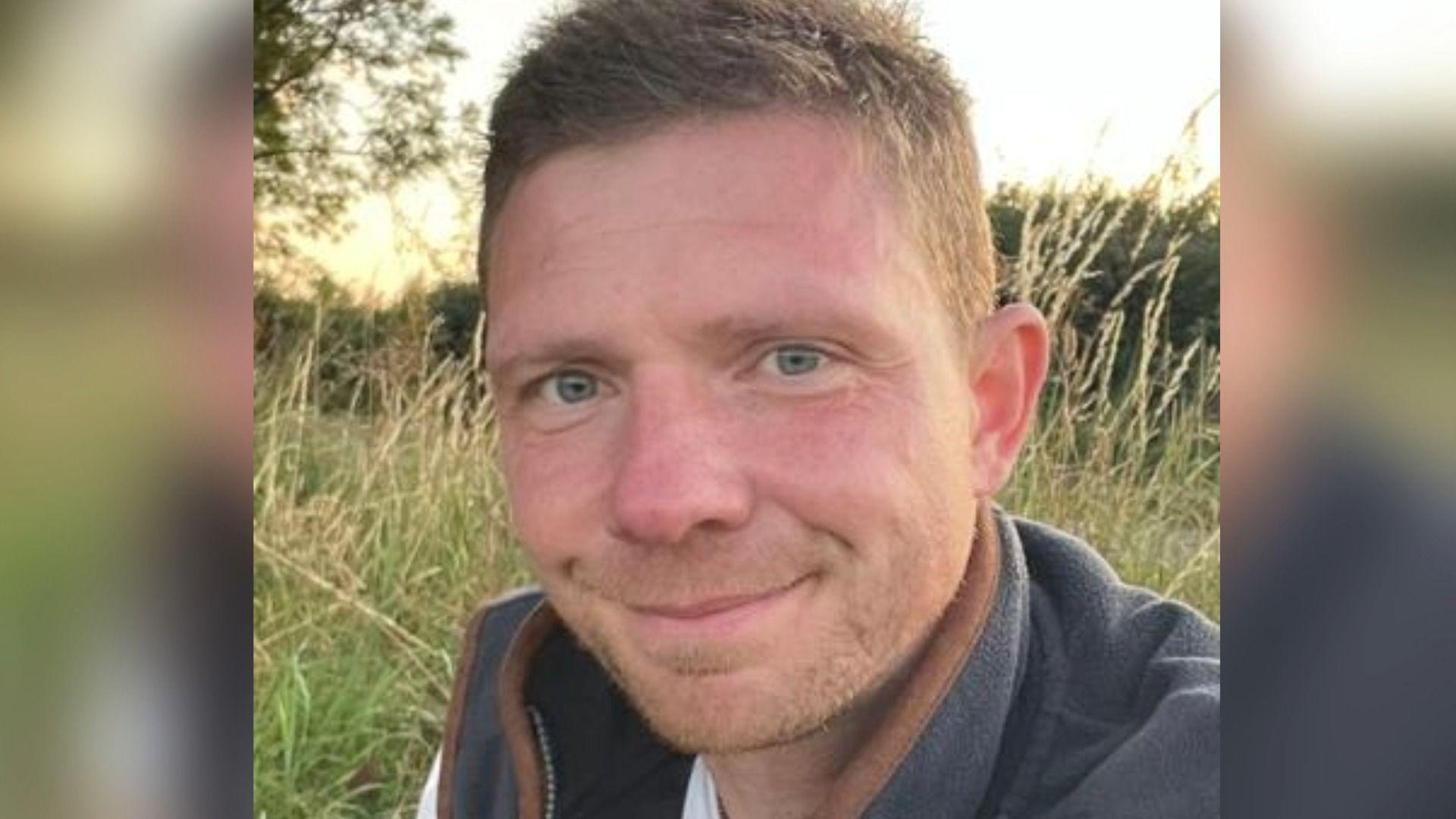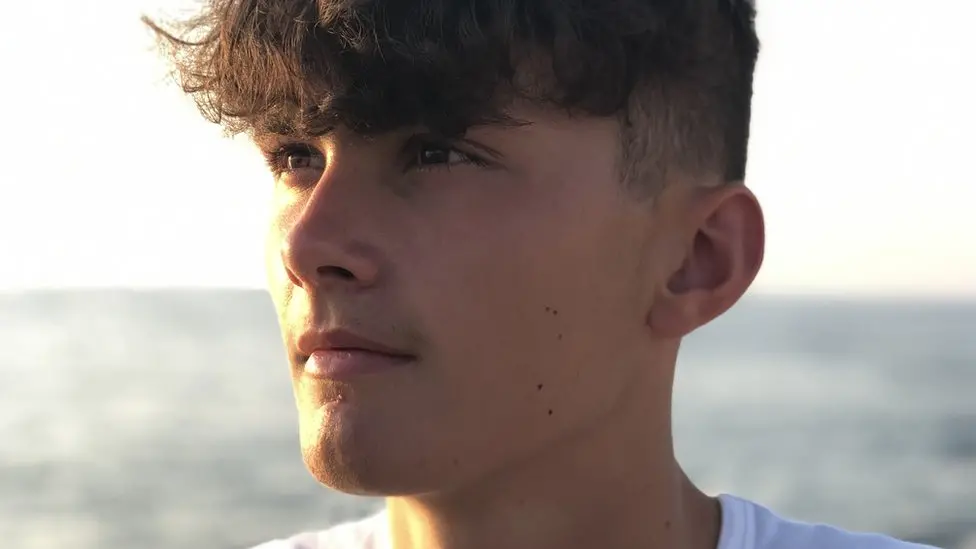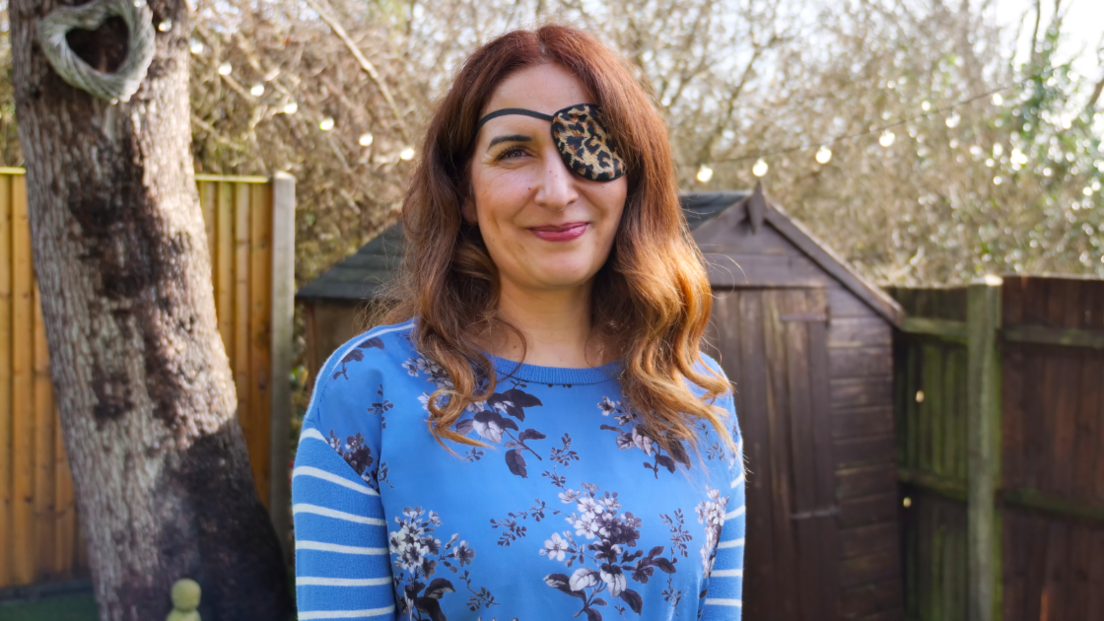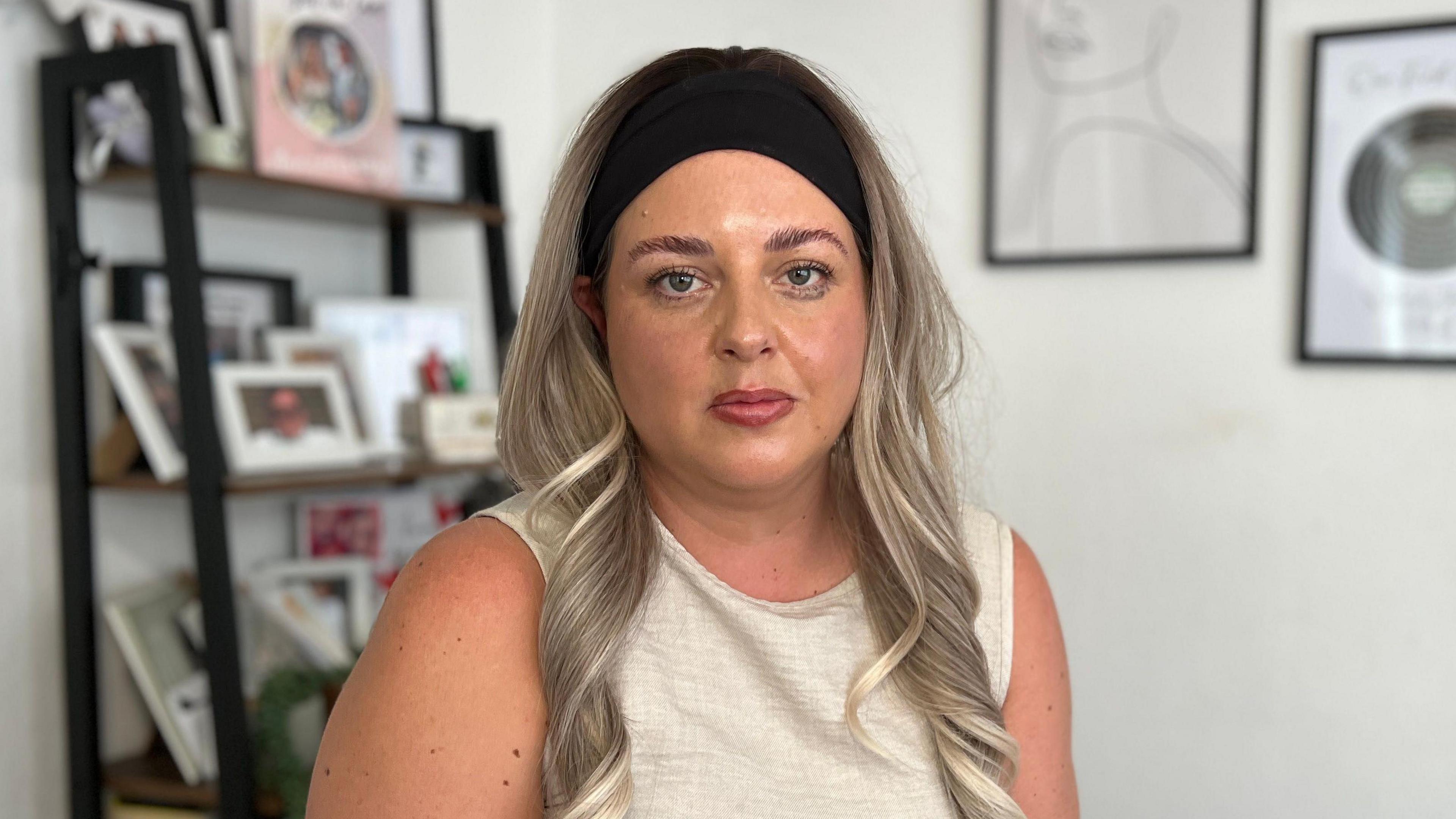Researcher's discovery cures infant brain tumours

Dr Matt Clarke finished his studies at Keele University's School of Medicine, before joining a global research team that has discovered the breakthrough
- Published
A doctor whose research into a rare type of brain tumour has led to better outcomes for babies diagnosed with the condition says it is a "massive step forward" in cancer treatment.
Dr Matt Clarke, said his work with the Institute for Cancer Research found that a specific group of tumours in infants under the age of one were treatable with existing medicines.
This had led to "many different success stories", and his four-year study has also contributed to a new chapter being published in the World Health Organization's classification of brain tumours.
Doctors no longer have to rely on chemotherapy and radiotherapy which can cause lasting damage to infants.
Dr Clarke, who completed his training at Keele University in Staffordshire said, high-grade gliomas (cancerous tumur) can occur in patients of any age, and generally mean a life expectancy of up to two years from diagnosis.
His study found that a specific subgroup, which occurred in infants under the age of one, were treatable with existing drugs, however.
"To be able to identify a group of tumours that previously would've sadly had a terminal prognosis, where we can now have a treatment that can actually make a difference and ensure these children can survive is a massive step forwards," he said.
This discovery also meant doctors are now able to avoid the use of chemotherapy and radiotherapy which could cause lasting damage to infants' brains.
'Vast collaborations'
"It's been such a lovely experience in terms of being able to make a difference for patients, and that's primarily why I came into it in the first place," he said.
"There's still a lot of work to be done in this arena."
There are many other patients who still have very few options available to them, he noted, and said there was a "constant drive" to try and make a difference and to improve outcomes for other potential subgroups.
"This project wasn't possible without vast collaborations with people both from this country and abroad as well," Dr Clarke continued.
Subsequent work has focussed on high-grade gliomas in teenagers and young adults, with further new subgroups identified.
"We're making steps forward already in the right direction, and hopefully we can continue to build on that in the years to come."
Dr Clarke said hearing that infants involved in his research had gone on to celebrate their birthdays, year after year, was "very special".
Get in touch
Tell us which stories we should cover in Staffordshire
Follow BBC Stoke & Staffordshire on BBC Sounds, Facebook, external, X, external and Instagram, external.
Related topics
- Published28 October

- Published2 October

- Published7 October
